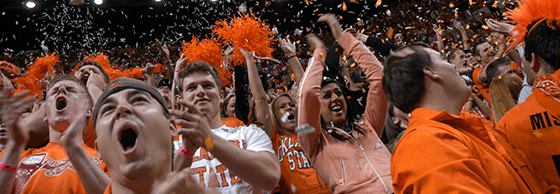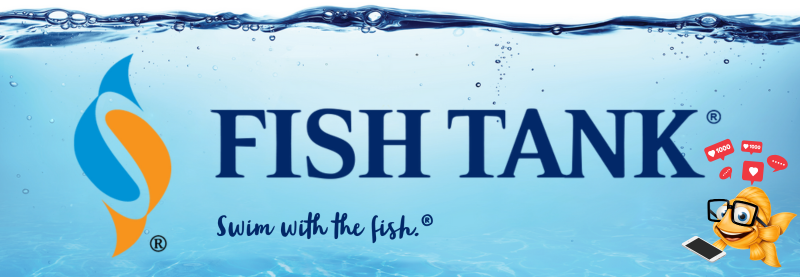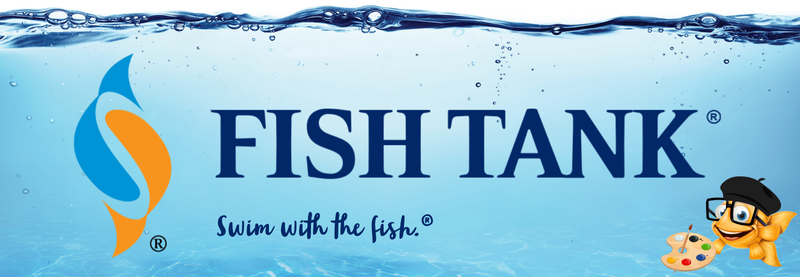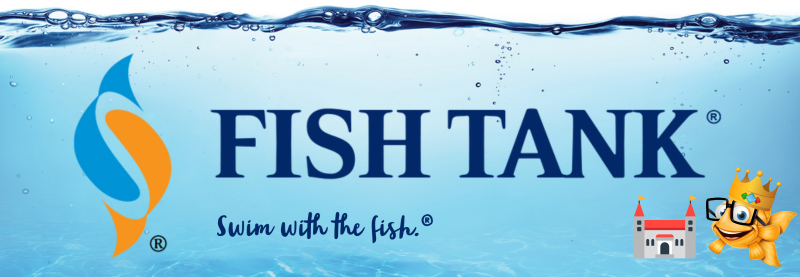Intellectual Property Insights from Fishman Stewart PLLC
Newsletter – Volume 23, Issue 19
Share on Social
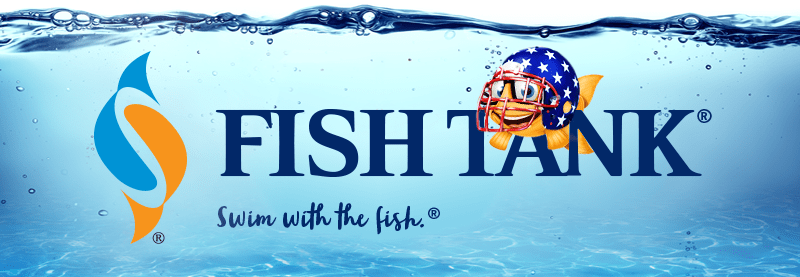
We’ve Got Spirit, Yes We Do, We’ve Got Spirit, Don’t Get Sued
Pumpkin spice, fall football, and school supplies—all signs that another school year is upon us. When shopping for school supplies, it is hard to miss all the merch brandishing the names and logos of colleges, high schools, middle schools, and even elementary schools. School names and their indicia are now a big source of revenue and local schools’ merchandise is found alongside college and pro sports merchandise.
However, included with the increased visibility from the monetization and use of school names and mascots are trademark infringement risks.
Not long ago, most K-12 school names, logos, and mascots were relatively unknown beyond the immediate school community. But, with the popularity of grade school children wearing their school sweatshirts outside of class and game-winning touchdowns being posted to social media have come increased risks. In many cases, K-12 schools use identical or very similar names, logos, and mascots to college and pro sports teams. As a result, colleges and pro sports teams across the country are taking notice and enforcing their intellectual property rights against these K-12 schools.
It is not unusual for a Big Ten or SEC university with a strong football team and popular logo to send a cease-and-desist letter to a high school halfway across the country demanding they stop using their logo because it infringes the college’s trademark rights. Often, these universities participate in licensing and rights management pools, hiring organizations such as the Collegiate Licensing Company (“CLC”) to aggressively police the universities’ trademarks.
One California high school had been using a longhorn design for over twenty years. That was until the University of Texas demanded it cease and desist use of the longhorn design in violation of UT’s trademark rights in its famous longhorn silhouette, registered for use for many goods and services, including college sports entertainment and clothing. UT notably provided ample time for the school to make the change.
The University of Notre Dame similarly sent a demand to an El Paso, Texas high school for use of the nickname “FIGHTING IRISH” and the Fighting Irishman logo, both registered with the U.S. Trademark Office by Notre Dame (Notre Dame spells it FIGHTIN’ IRISH).
Universities and professional sports teams will often engage in licensing the use of their logos, nicknames, and other trademarks for significant revenue. These licenses are subject to ongoing approval of how the trademarks are used to ensure brand consistency, and universities have brand style guides that limit the way in which the licensees can use their trademarks.
So remember, as another school year begins, your local school’s merch making the rounds online could pique the interest of a college or university if the nicknames or logos are too similar.
If you have questions about whether your school might be treading too close to a university or professional sports team’s trademarks, Fishman Stewart can help you evaluate your rights.
Linda is a Partner at Fishman Stewart, specializing in intellectual property law. Linda focuses mainly on trademark and copyright law, including foreign and domestic prosecution and litigation, as well as agreements and assignments. Check out her full bio here.
Related Content from Fishman Stewart
In our previous FishTank article “The Great Beige-Off: Influencer Sues for ‘Vibe’ Infringement,” we reported on Sydney Nicole Gifford’s lawsuit against fellow influencer Alyssa Sheil over allegations of copyright infringement involving neutral-toned social media content.
People have long pondered whether or not the Giza pyramids were indeed solely burial chambers, which was the only known, and archaeologically determined, use—until now.
As the story goes, Klein was so taken with the indescribable blue of the sky over the Mediterranean in Nice, France, that he dedicated his artistic talent developing a blue that would imbue the canvas with this color in its purest form.
Despite her pseudo-legal background in Suits, Meghan has been running into one issue after another in her efforts to register the trademark and logo for her new lifestyle company, for now, called “AS EVER”.
By 1930, efforts began in New York to replace Mother's Day with Parent's Day because men were more than just breadwinners. Those efforts didn't catch on, probably because in that era, women often spent more time in the home.
In February, Nike and Skims announced that they will be working together on a new brand, NikeSkims. The co-brand will create a new line of training apparel, footwear, and accessories specifically designed to meet the unique needs of women athletes.
Generally, federal courts have exclusive jurisdiction over copyright cases, and often, this presents an insurmountable paywall for individual artists and small businesses to vindicate their rights, especially where the value of the individual copyrighted works are relatively low.
Dedicated to raising public awareness about the importance of encouraging innovation and creativity throughout the world, the World Intellectual Property Organization (WIPO) annually observes World Intellectual Property Day on April 26 to showcase the role that patents, trademarks, industrial designs, copyrights and trade secrets play in our everyday lives.
Hold onto your foam fingers, sports fans – college sports just got a whole lot more interesting! The latest updates to Name, Image, and Likeness (NIL) rules are making student-athletes bigger than ever, and it’s not just about the game anymore.
Did a federal court in Louisiana recently decide that US copyrights are global rights? It seems so.
IDENTIFYING, SECURING AND ADVANCING CREATIVITY®


